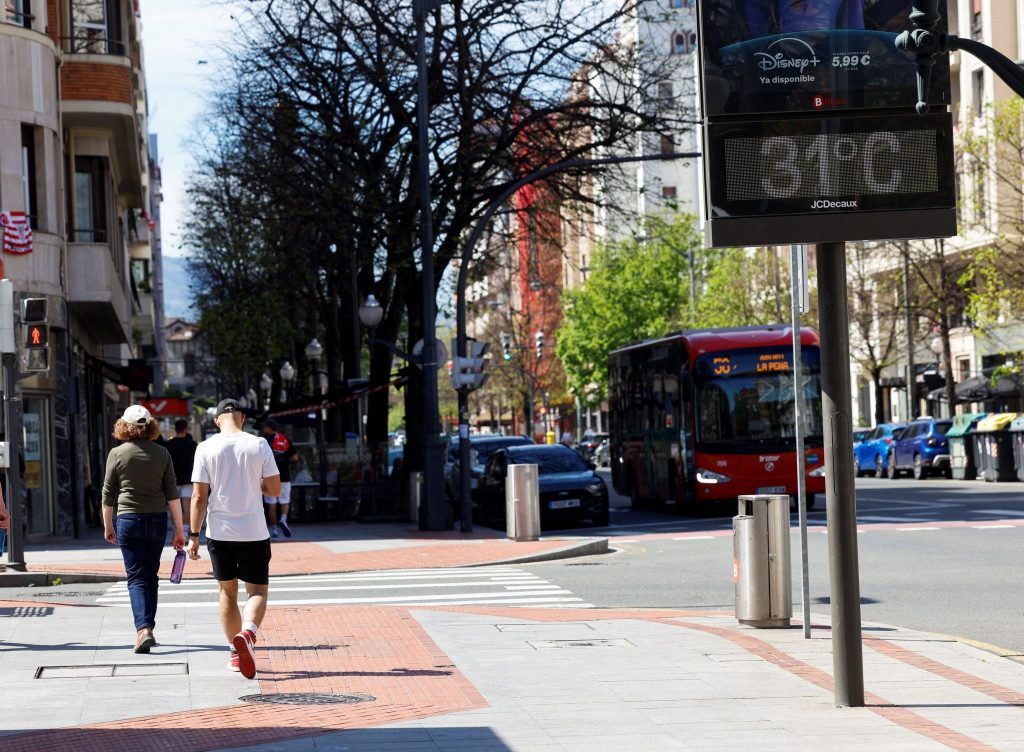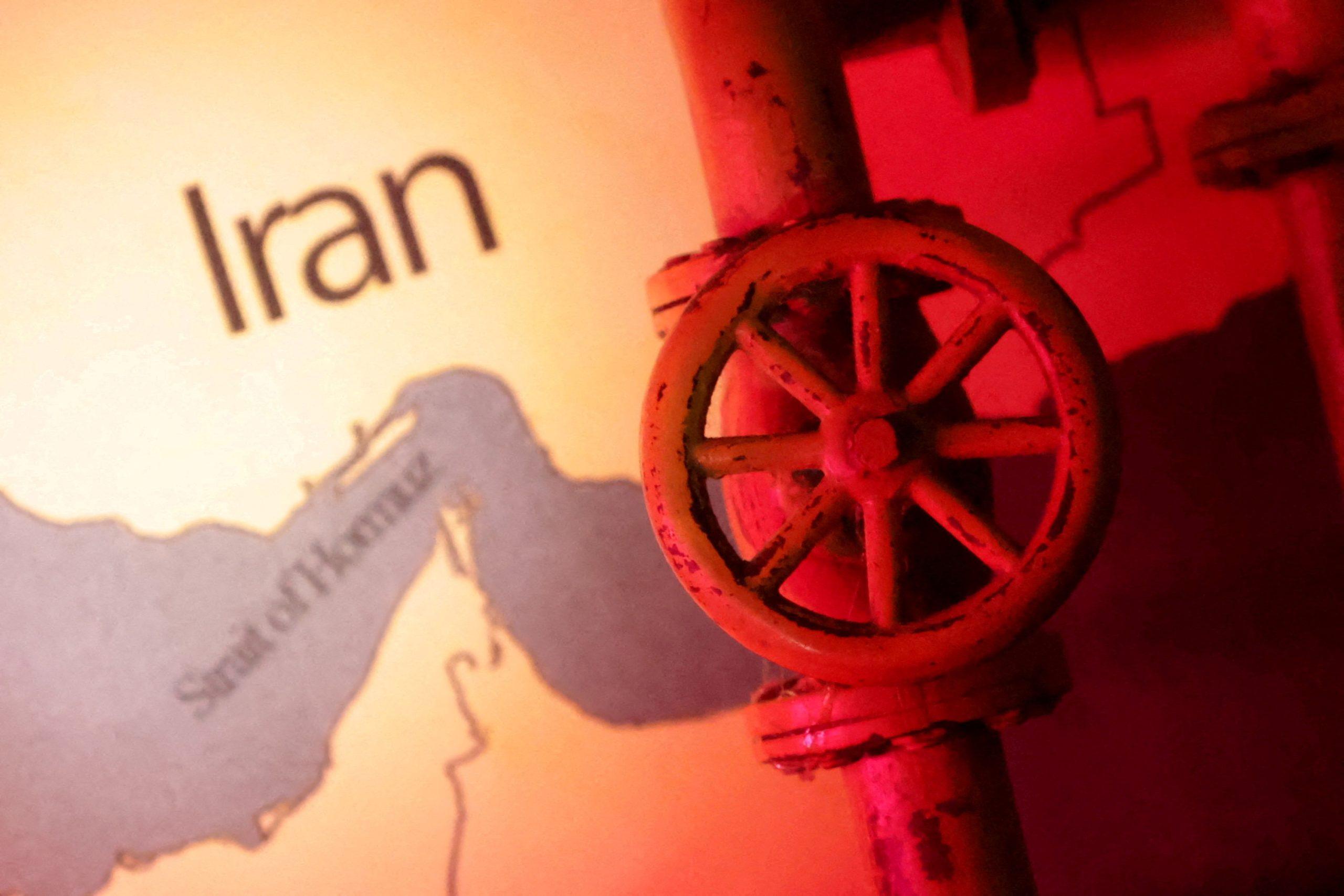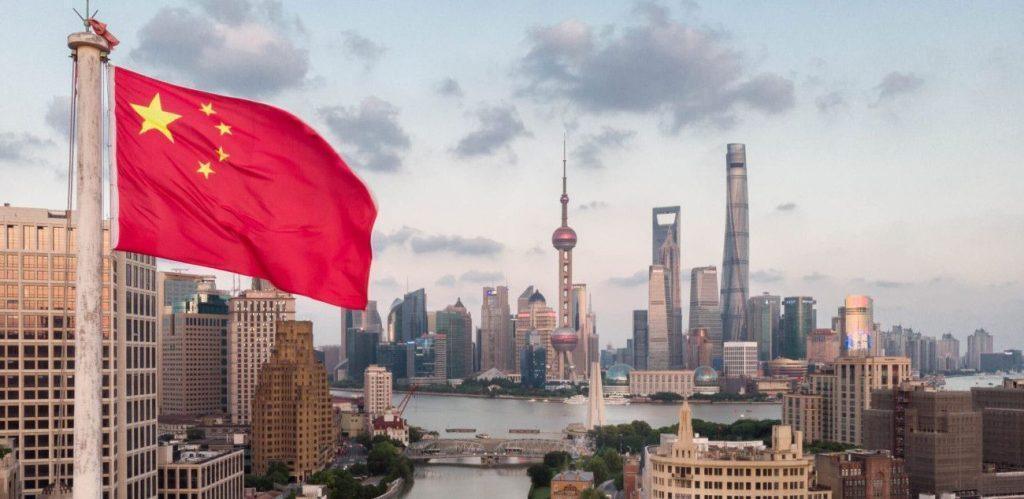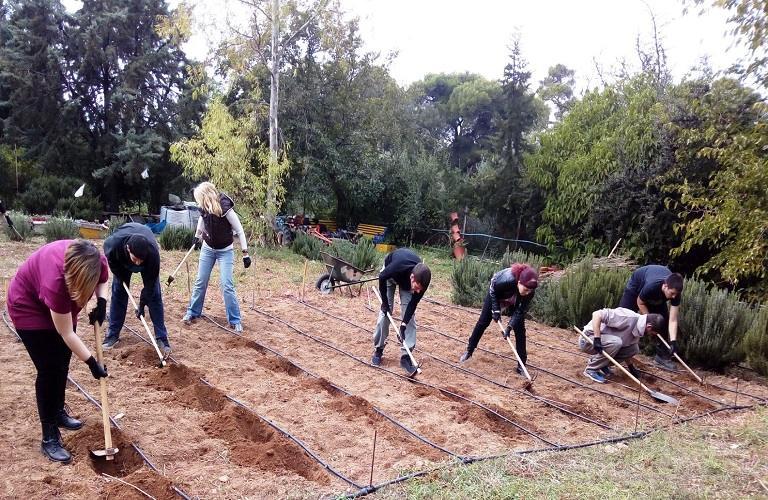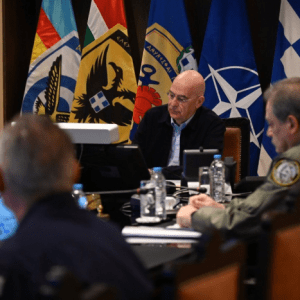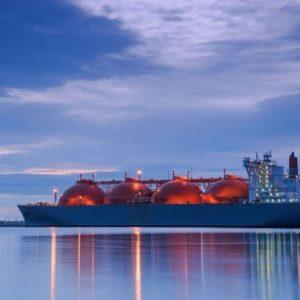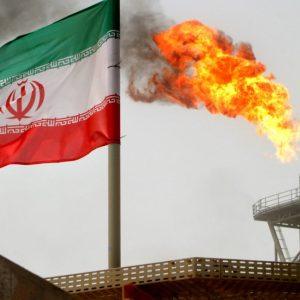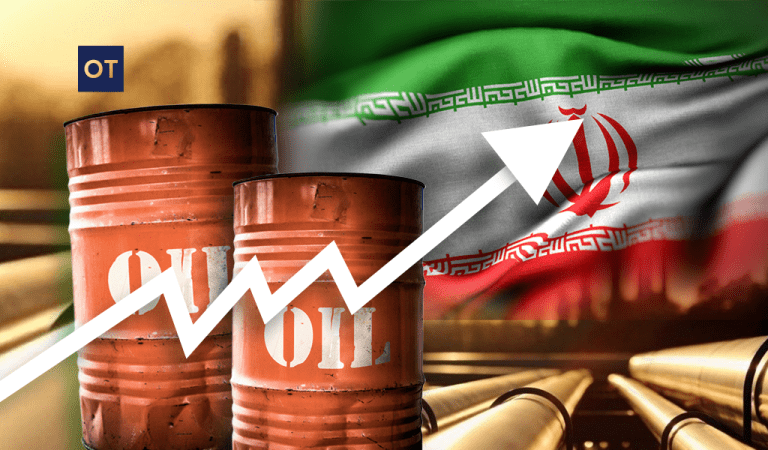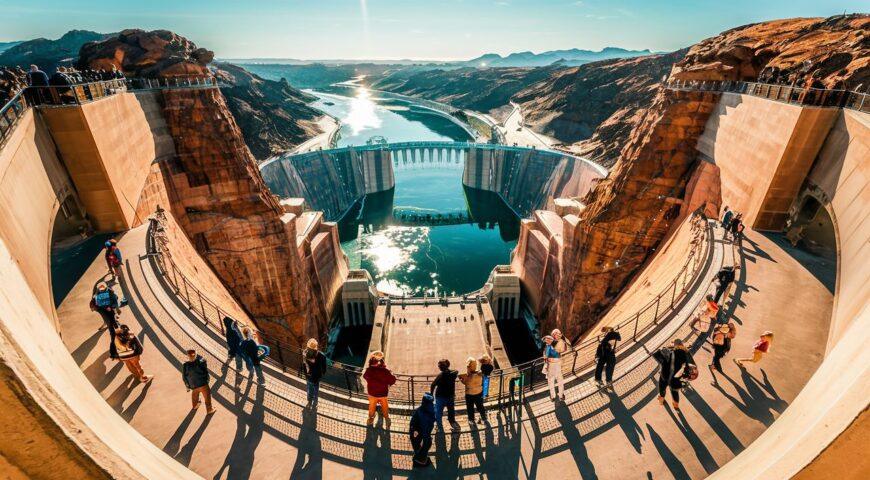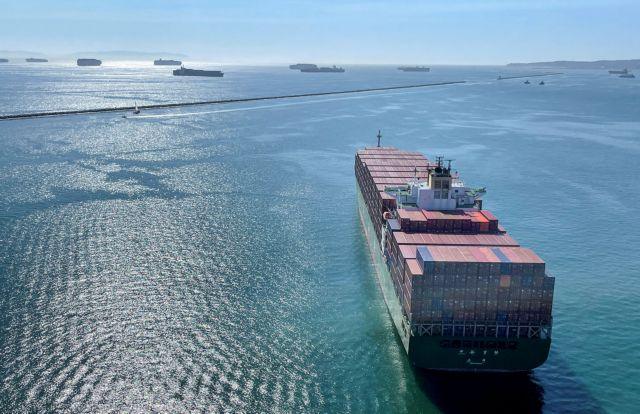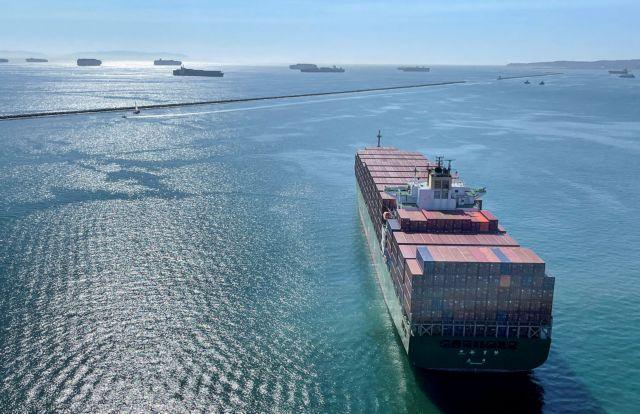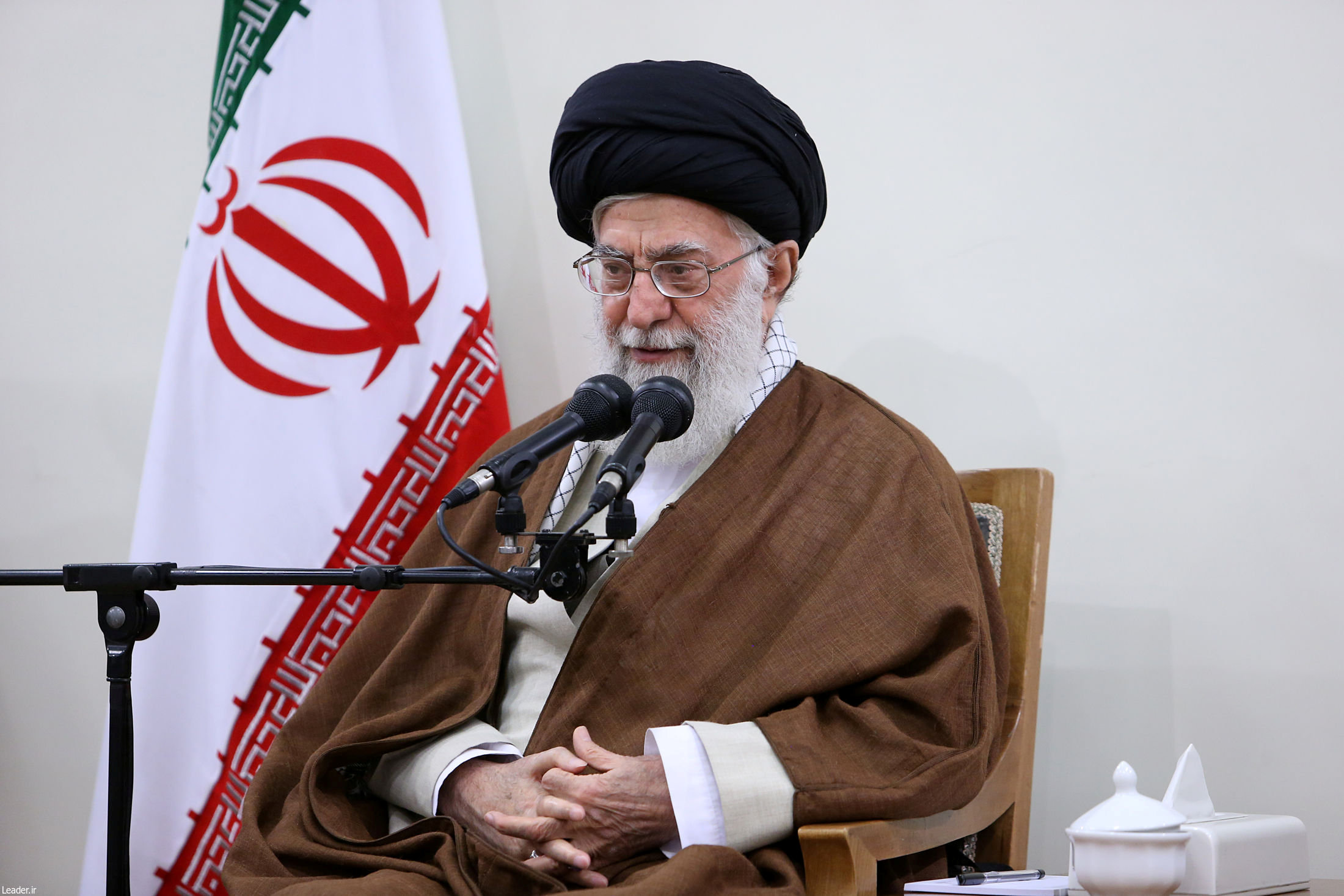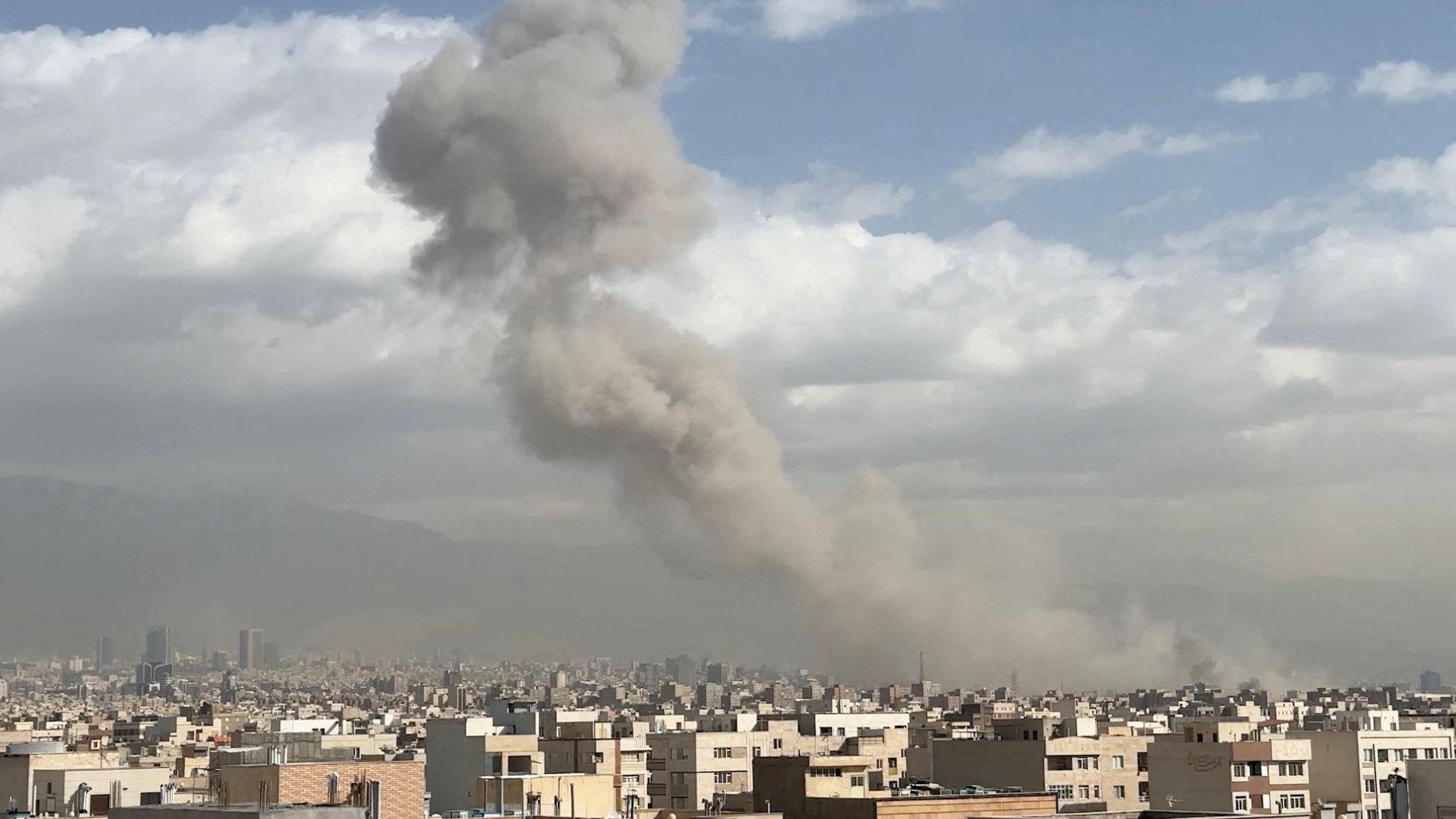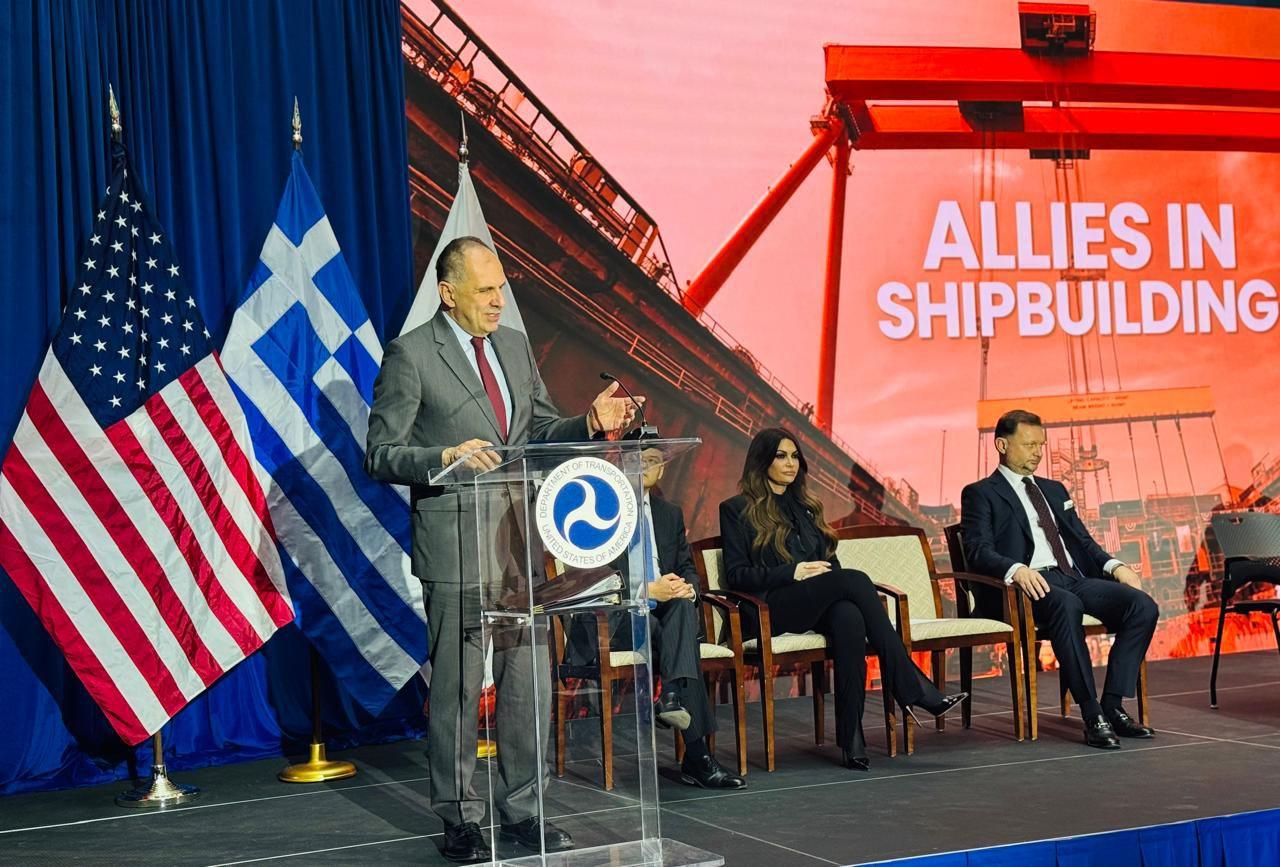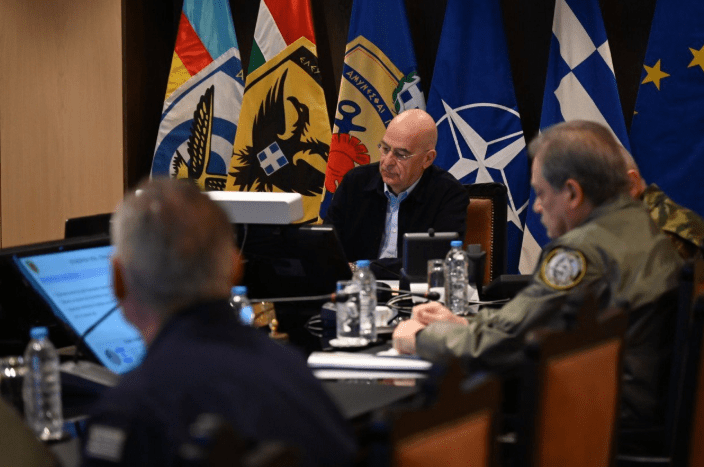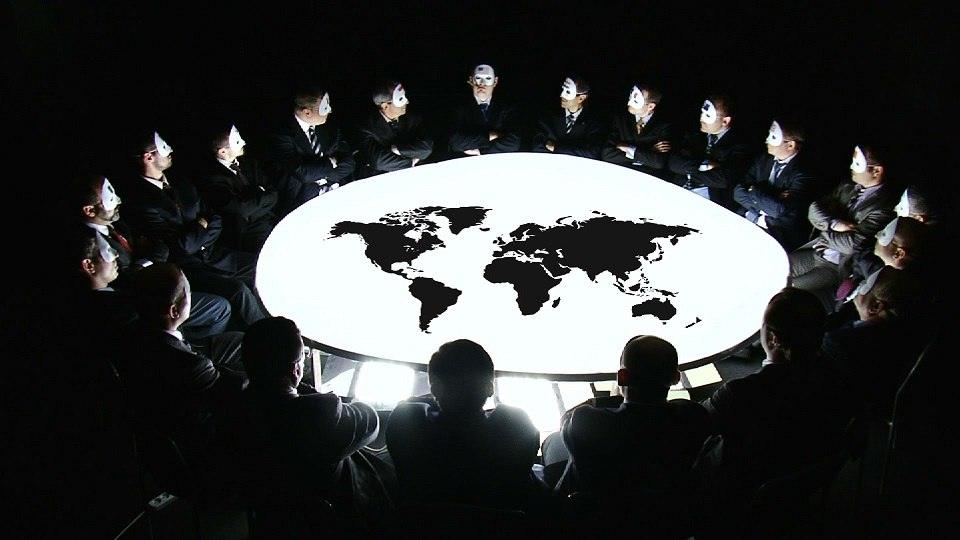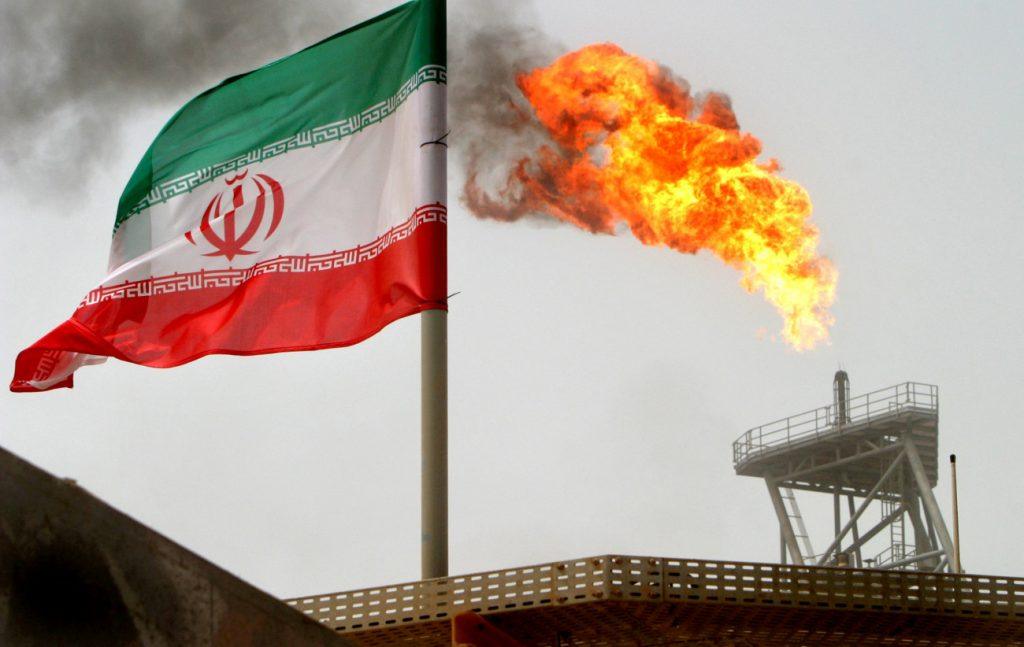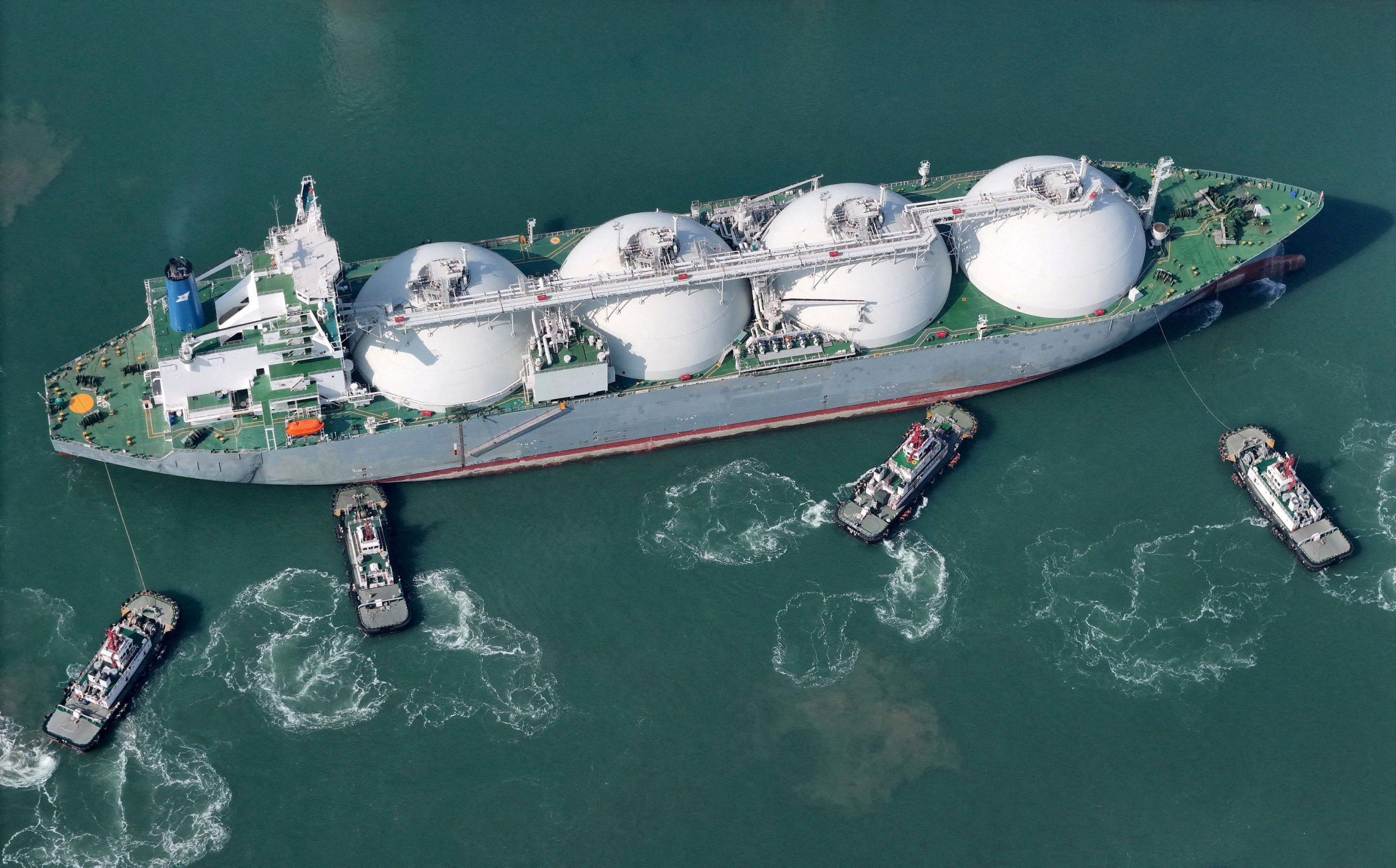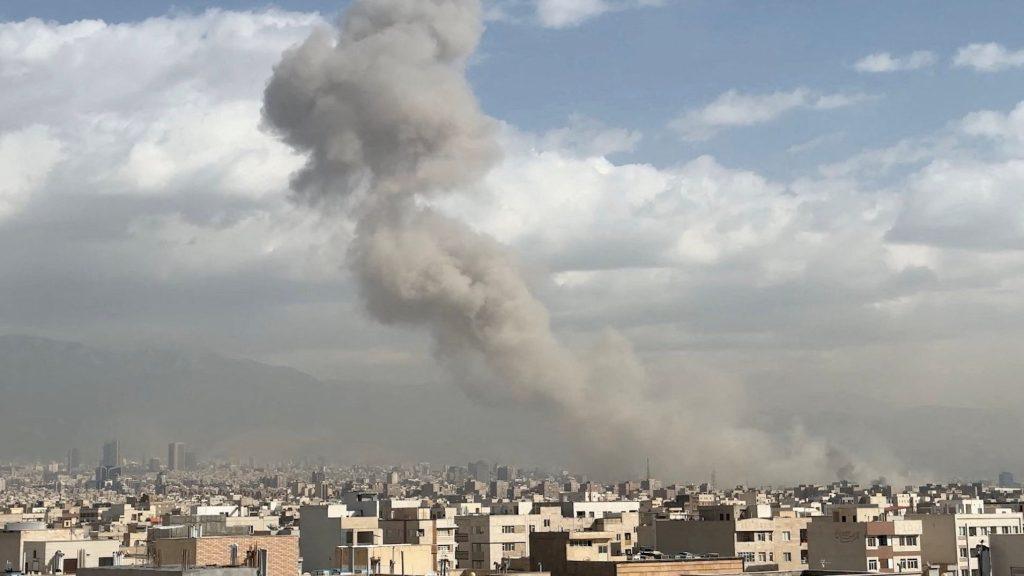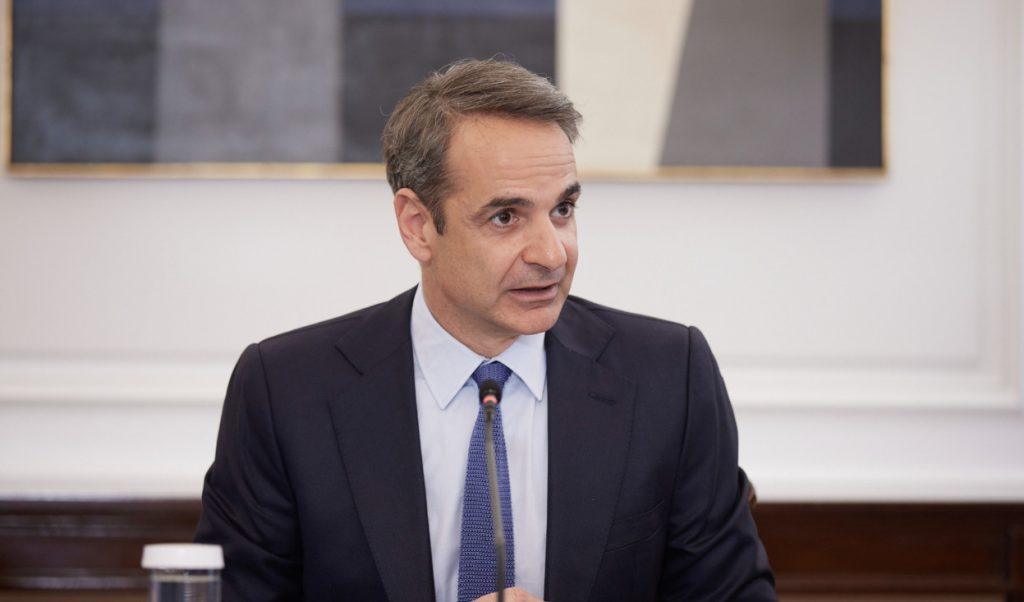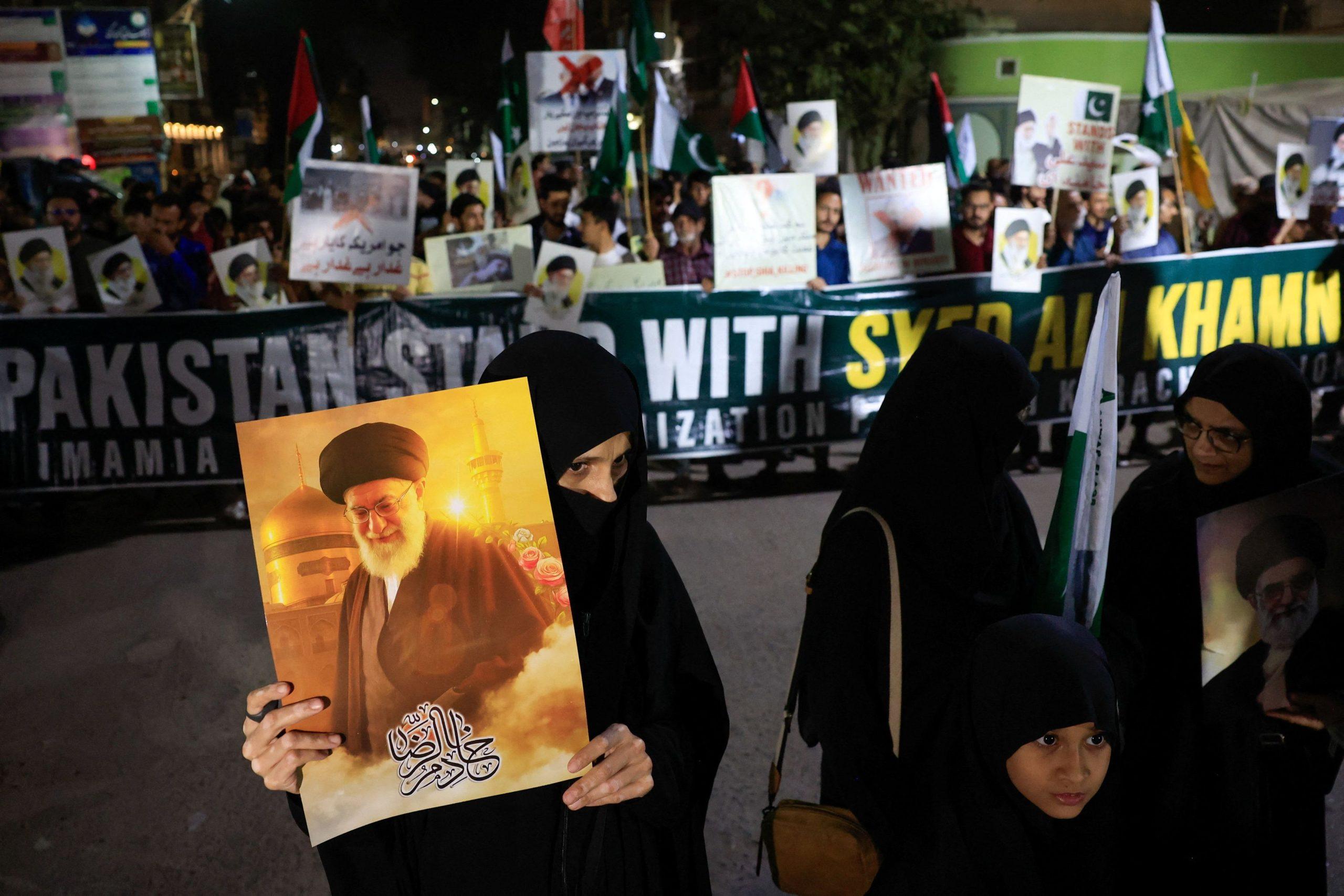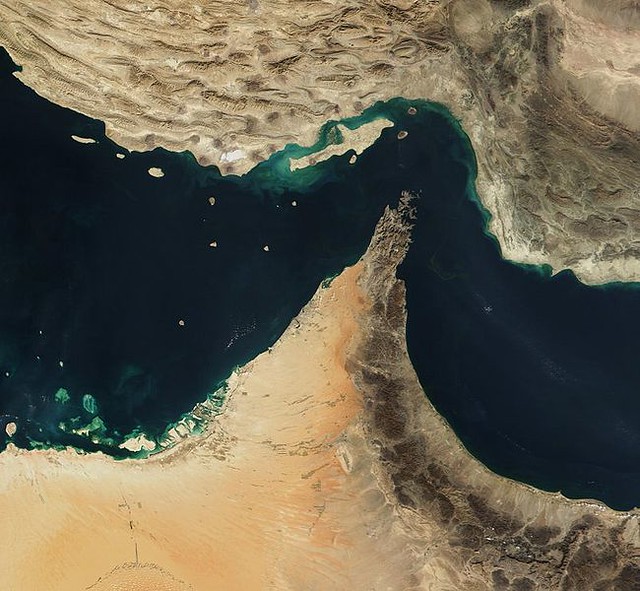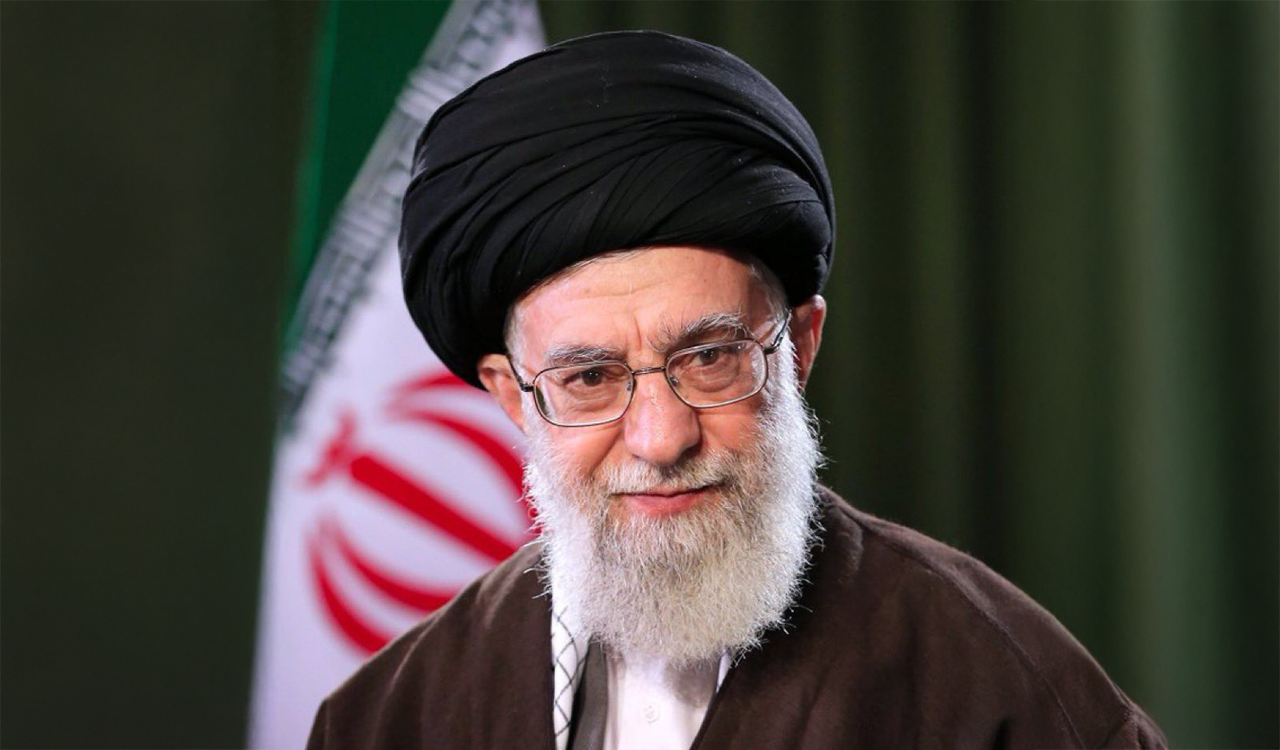Scientists confirm that last year was the hottest since records began, and what is absolutely certain is that Europe is the fastest-heating continent on the planet. In 2023, Europe recorded more days of “extreme heat stress” (with the ‘feels like’ temperature exceeding 46 degrees Celsius) than ever before. On 23 July last year, 41% of southern Europe experienced ‘intense’, ‘very intense’ or ‘extreme’ heat stress. “In 2023, Europe witnessed the largest wildfire ever recorded, one of the wettest years, severe marine heatwaves and widespread devastating flooding,” said Carlo Buontempo, director of the EU’s Copernicus Climate Change Service (C3S), which authored the report together with the World Meteorological Organization.
“The climate crisis is the biggest challenge of our generation. The cost of climate action may seem high, but the cost of inaction is much higher,” said Celeste Saulo, secretary-general of the World Meteorological Organization (WMO).
In April, Greece, a country affected by these extreme weather conditions, hosted the Our Oceans Conference. The weather was unusually hot for spring and bore witness to what is happening in South Europe. But it’s not only in the South. In 2023, Germany was also affected by severe droughts as early as June, while Spain was subjected to temperatures as high as 44 decrees in May. TO BHMA had the opportunity to discuss climate crisis and what needs to be done with the German Minister for the Environment, Nature Conservation, Nuclear Safety and Consumer Protection, Steffi Lemke. With that portfolio, she is a minister with a great deal on her plate.
Minister Lemke, you were in Athens for the Our Oceans Conference and witnessed for yourself the unseasonably hot weather for April. 30 degrees! Is there a way to protect our cities and our lives from the climate crisis, or is it too late?
Extreme weather events, such as 30 degrees Celsius in April, are becoming increasingly frequent worldwide. Their severity and occurrence at ever-shorter intervals make it clear that we are in the midst of a climate crisis. Its economic impact is severe and has included the destruction caused by wildfires across Greece, catastrophic floods in Volos and depleted olive harvests in Spain, all of which took place last year. The climate crisis also poses an immediate threat to our health and well-being. Extreme heat can even be fatal for older and vulnerable people. My political response is that we need to protect people, adapt our infrastructure and strengthen nature. I am committed to making cities greener and ensuring there are enough public drinking water fountains. Buildings and streets will be designed in such a way that rainwater does not immediately drain away, but can be stored as groundwater. It is particularly important to me to revive ecosystems, so that seas, forests, floodplains and peatlands can play their part in nature-based climate action and remove carbon from the atmosphere. In Germany, we have launched a major funding program for nature-based climate action and adopted legislation on adapting to the climate crisis.
The world is facing the worst war scenario in half a century. Do you think that this situation, and the possibility of Donald Trump returning to the White House, will jeopardize Europe’s efforts to fight the climate crisis?
The wars in Ukraine and the Middle East are humanitarian and security disasters, and they are disastrous for the environment as well. They also place a heavy burden on international diplomacy. Stable conditions in democratic regions like the US and the European Union are therefore very important. In many countries around the world, we can see antidemocratic voices gaining attention through falsehoods. This worries me a lot. But it would be a mistake to be intimidated, because then the enemies of democracy and multilateralism will have won. I have been fighting for democracy, human rights and an intact environment my entire life. It has not become any easier, but I remain confident nevertheless.
What measures are most urgent?
Climate action, nature conservation and economic prosperity are inextricably linked. If we want the climate crisis to remain manageable and affordable, we must ensure that greenhouse gas emissions go down. At the same time, we have to strengthen nature. This means renaturation, preventing waste, conserving and recycling natural resources, and phasing out fossil fuels in our energy supply.
The most underprivileged people seem to be most affected by Green politics. Is there a way to change that? Recently, we saw farmers all over Europe protesting the EU’s climate policies.
It is often said that green policies are too expensive, that we cannot afford them. I tend to counter that argument by asking what the cost will be of continuing on our current course. Researchers at the Potsdam Institute for Climate Impact Research recently calculated that the climate crisis could lead to the global economy shrinking by nearly 20 percent by mid century, even if climate-damaging greenhouse gas emissions are drastically lowered. If emissions are not cut, we can expect even greater economic damage—to agriculture, labor productivity and infrastructure, for example. This would place an enormous burden on our economies and on every individual.
Source:tovima.com
